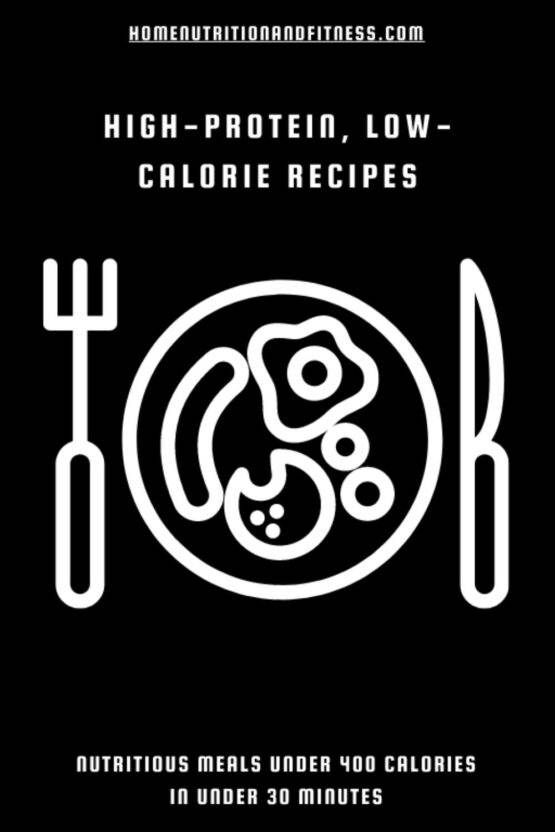Indulging in sugary treats is undeniably delightful, but every pleasure has its consequences.
Excessive sugar intake can lead to various health issues.
Understanding how sugar impacts the body can shift your perspective towards it.
If you’re wondering how to tell if you’re consuming too much sugar, we share 8 signs your body may send you as a signal to cut back.
1. Persistent Cravings for Sugar
Consuming more sugar often leads to increased cravings, creating a harmful cycle of overindulgence.
As your taste buds get used to sugar, they require higher amounts for the same satisfaction.
Sugar’s quick energy boost followed by a crash mimics a drug’s effect, driving further consumption.
High sugar diets trigger hormonal responses that cause energy spikes and crashes, fueling the body’s craving for more.
2. Experiencing Daytime Fatigue
Consuming sugar can create a rollercoaster effect on your energy levels, starting with a high followed by a crash due to insulin spikes in the bloodstream.
Stable energy is tied to stable blood sugar levels, so excessive sugar intake disrupts this balance, leading to fluctuating energy levels.
Overindulging in sugar often means you’re lacking in fiber and protein, which are vital for maintaining consistent energy levels throughout the day.
3. Skin Breakouts Begin
Consuming sugar can lead to insulin spikes and hormonal changes that may trigger skin issues like acne or rosacea.
If you notice breakouts on your face after indulging in sugary foods, it’s important to reevaluate your diet.
Before seeking other reasons for skin problems, start by examining your dietary habits.
4. Increased Mood Fluctuations
Right after the initial high, a crash in blood sugar levels can trigger extended periods of mood swings, leaving you feeling groggy.
It’s essential to note that plummeting energy levels may contribute to mild forms of depression.
5. Weight Gain Commences
Consuming excess sugar means taking in unnecessary calories.
Because sugar lacks fiber and protein, it doesn’t make you feel full, leading to overeating. This triggers the release of insulin, a hormone crucial for weight gain.
When you consume sugar, your pancreas releases insulin to transport the sugar to your organs for energy.
Over time, continuous high sugar intake can lead to insulin resistance.
Insulin resistance prevents cells from efficiently using sugar.
Initial weight gain from excessive sugar consumption can worsen due to developing insulin resistance.
Obesity is closely linked to insulin resistance and can lead to diabetes over time.
6. Onset of Tooth Decay
Bacteria in your mouth thrive on food particles between your teeth, producing acid that causes tooth decay.
Saliva normally helps balance mouth bacteria, but consuming sugar can disrupt this balance and create a sugary environment where bacteria flourish, leading to cavities.
7. After Eating, Brain Fog Sets In
When experiencing brain fog, it’s often linked to low blood sugar levels caused by a sudden crash after consuming excess sugar.
These rapid fluctuations in blood sugar levels pose a significant risk for cognitive issues and potential impairment.
8. Decrease in Sweet Sensation
Overindulging in sugar can dull your taste buds over time. This leads to a tolerance that demands more sugar for satisfaction. This reliance on excess sugar makes it challenging to reset your taste bud sensitivity back to its original state.
However, you can lower your sugar tolerance by reducing sugar intake. Allowing your taste buds to readjust is the key. This shift may even make previously sweet foods seem overly sugary, helping you appreciate moderate sugar levels.







